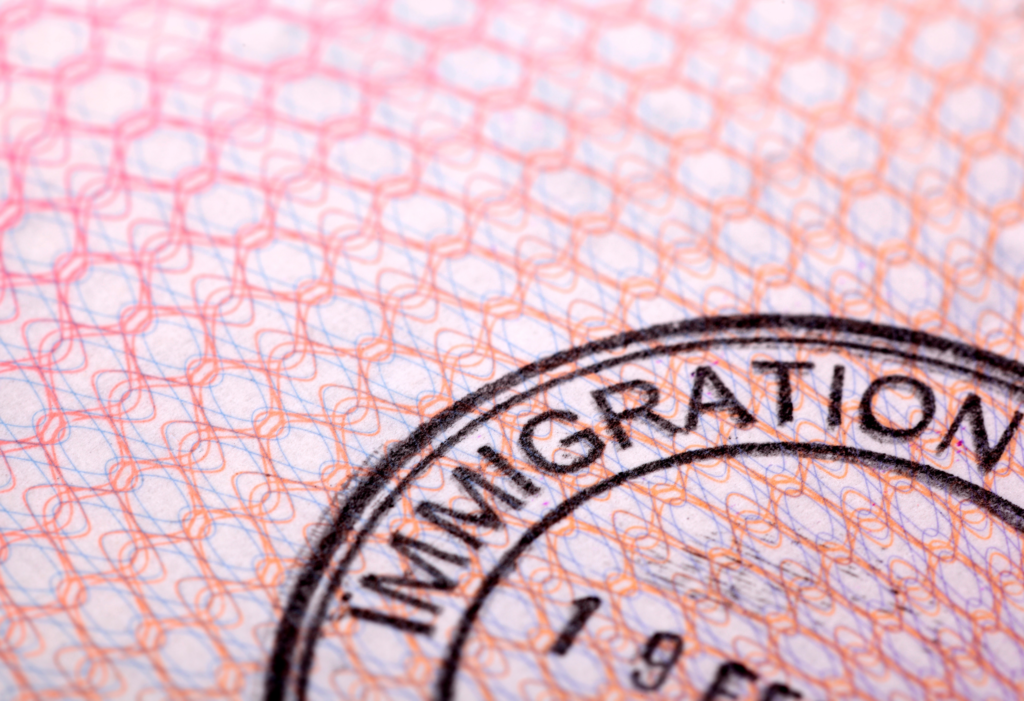Biden Administration Removes Barriers for Children Born Abroad and Social Security Card Application
In August, The U.S. Citizenship and Immigration Services announced updated policy guidance affecting children born outside of the United States and the determination of whether children born through assisted reproductive technology (ART) are considered to have been born “in wedlock.” This policy update will allow a non-genetic, non-gestational legal parent of a child to transmit U.S. citizenship to the child if the parent is married to the child’s genetic or gestational parent at the time of the child’s birth, and the relevant jurisdiction recognizes both parents as the child’s legal parents.
According to a press release from the USCIS, “This is a crucial step towards ensuring fair access and support for all families and their loved ones,” said USCIS Director Ur M. Jaddou. “We are committed to removing unnecessary barriers promoting policies for all people as they embark on their journey to citizenship and beyond.”
The department says this guidance will also be applied to the family-based petitions for determining whether a child is born in wedlock. Previously, USCIS required that the child’s genetic parents (or the legal gestational parent and one of the genetic parents) be married to one another for a child to be considered born in wedlock.
Also, just last week, the USCIS announced that immigrants applying for a green card from within the United States will now be able to apply for a Social Security number (SSN) or replacement card as part of the same application.
Previously, applicants had to apply for a Social Security number separately at a Social Security office. USCIS has updated Form I-485 (“Application for Adjustment of Status) to include additional questions asking whether or not the applicant would like to apply for a SSN. Applicants will be permitted to submit either the new or the previous version of Form I-485 until Oct. 13, 2021, after which all applicants will need to submit the new version of the form.
“This expansion of our partnership with the Social Security Administration illustrates our commitment to operating our nation’s immigration system more efficiently to save applicants time,” said USCIS Director Ur M. Jaddou in a statement. “Eliminating unnecessary bureaucracy and optimizing collaboration across public-serving agencies is a key priority for this agency and the Biden-Harris administration.”
Once USCIS approves an applicant’s Form I-485, the Social Security Administration will issue the applicant a SSN or replacement card.
Immigration laws are being changed and updated constantly; the attorneys at Knezek Law Firm are here to help navigate you through the swift changes. Contact us today to discuss your situation.

